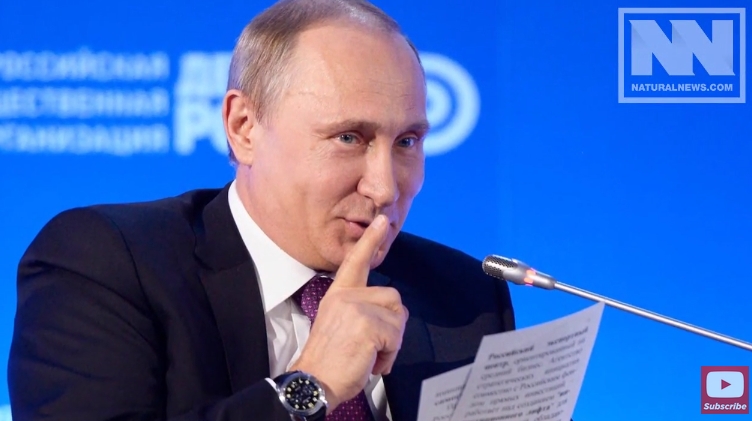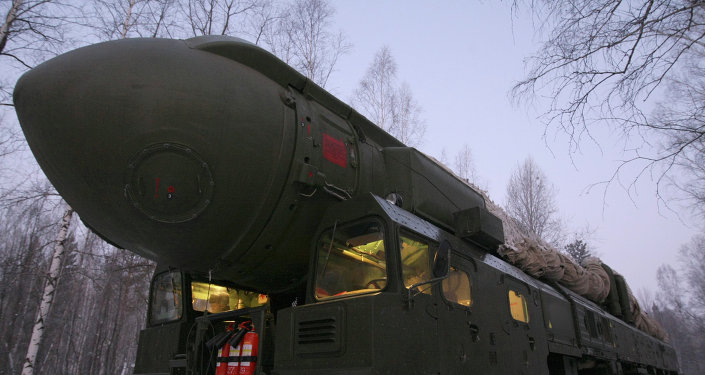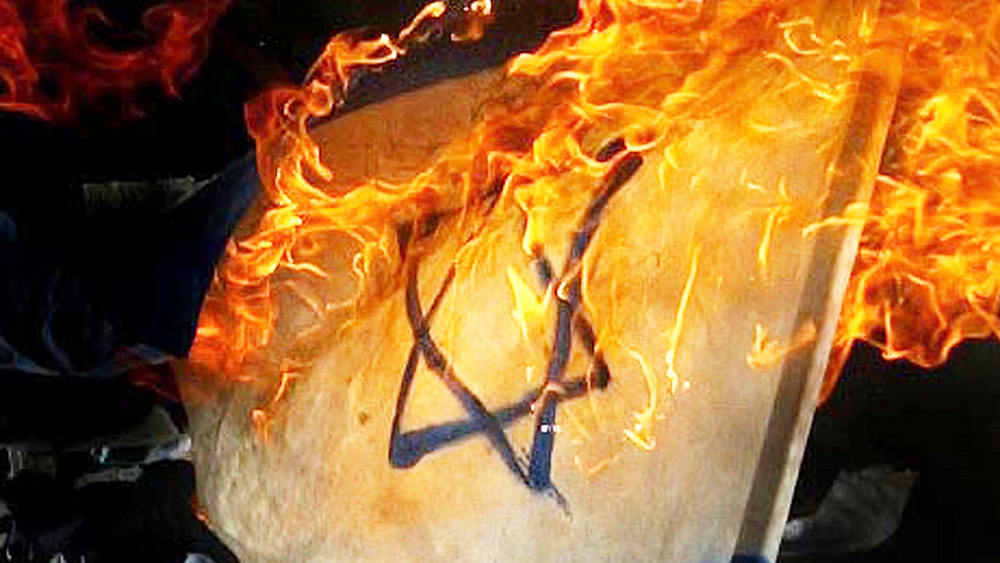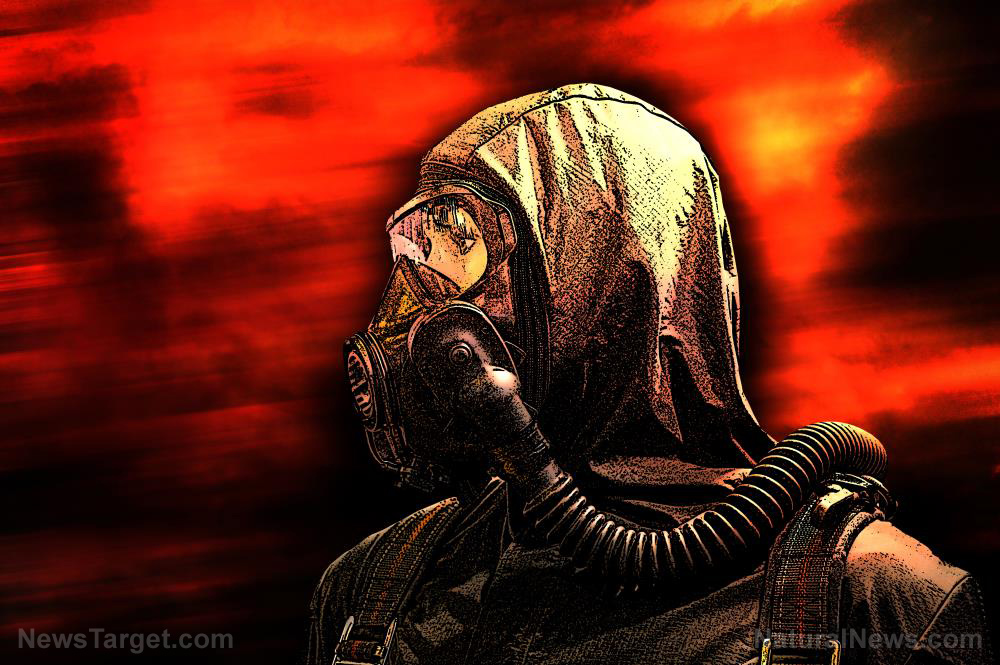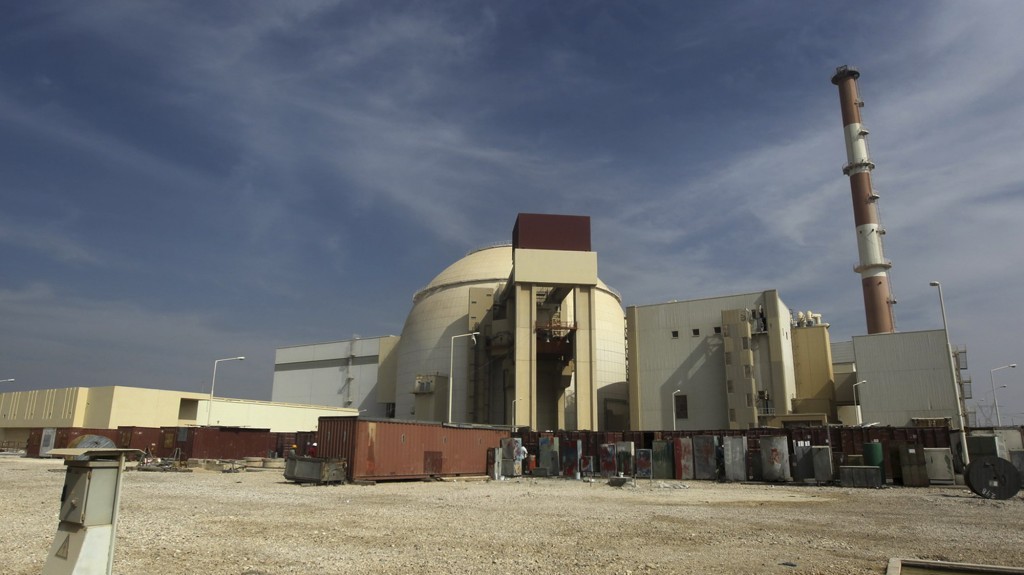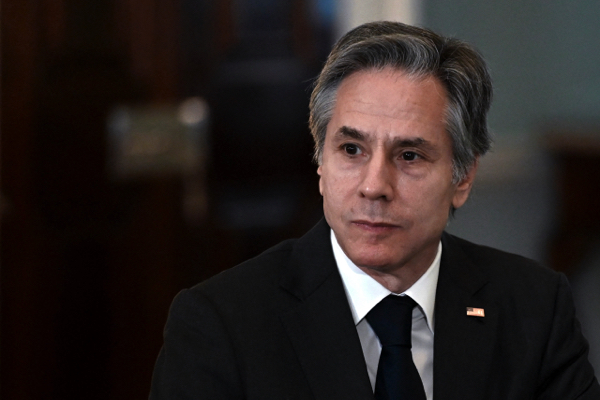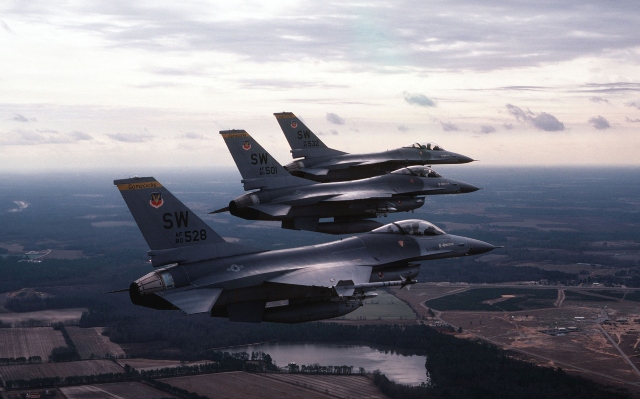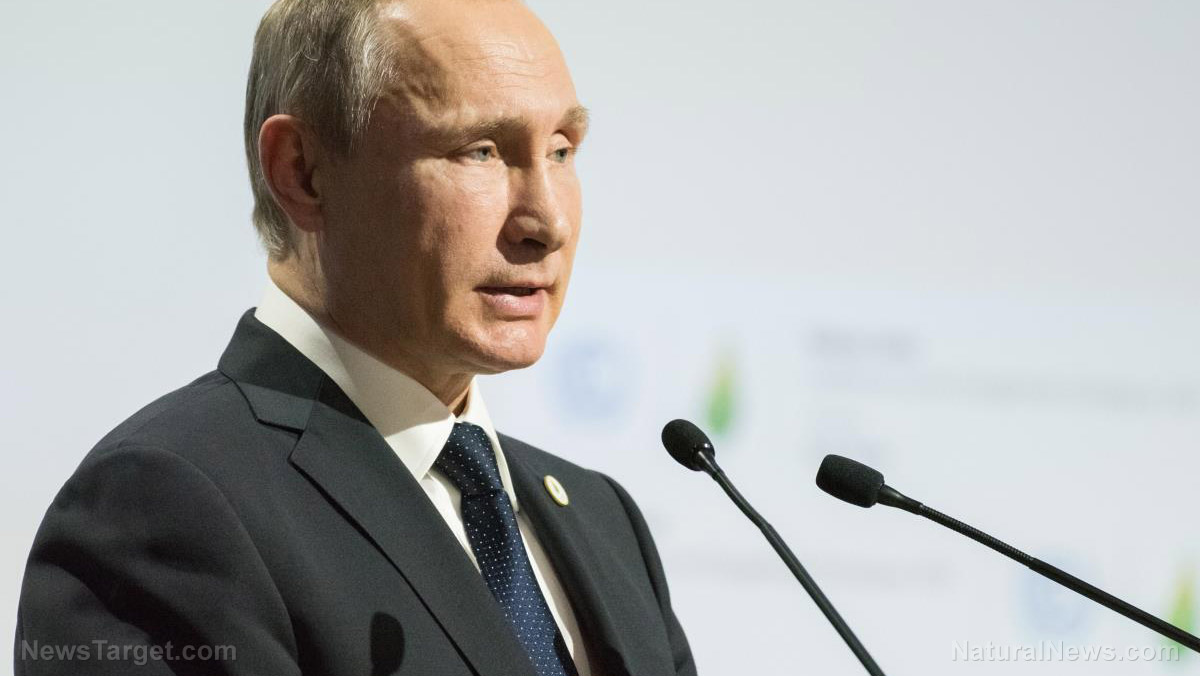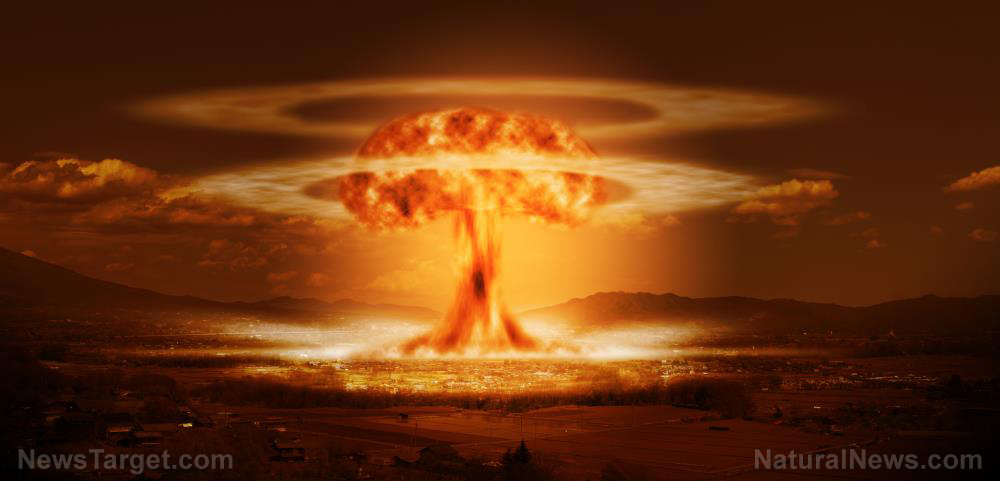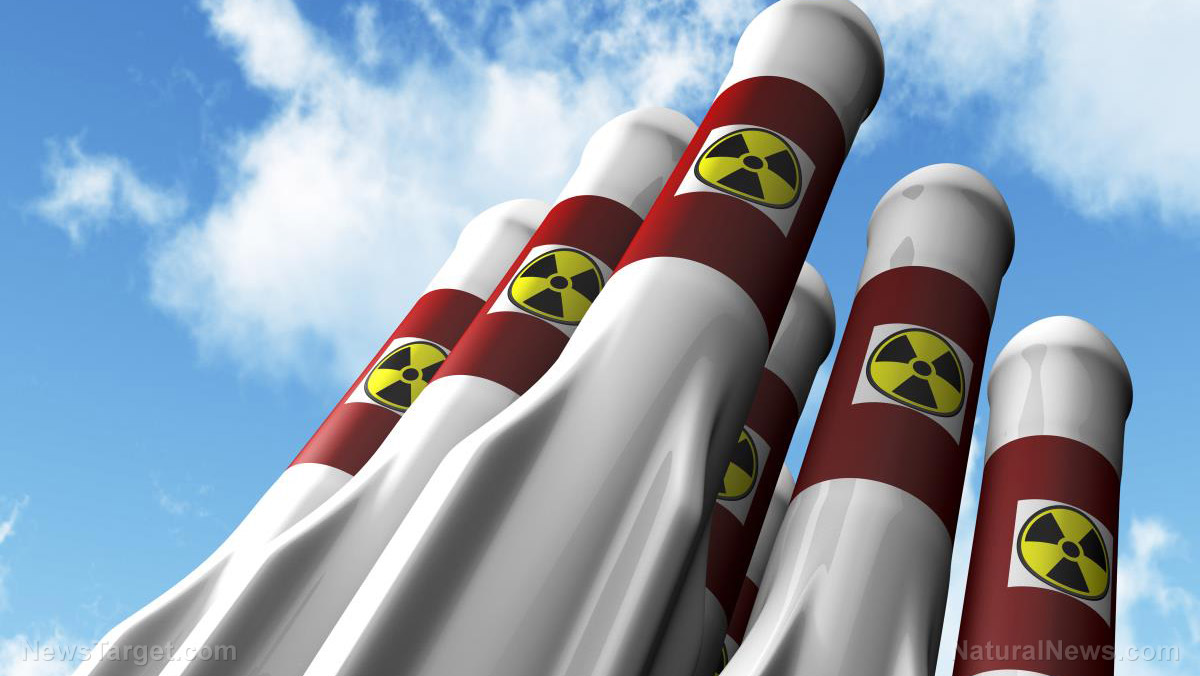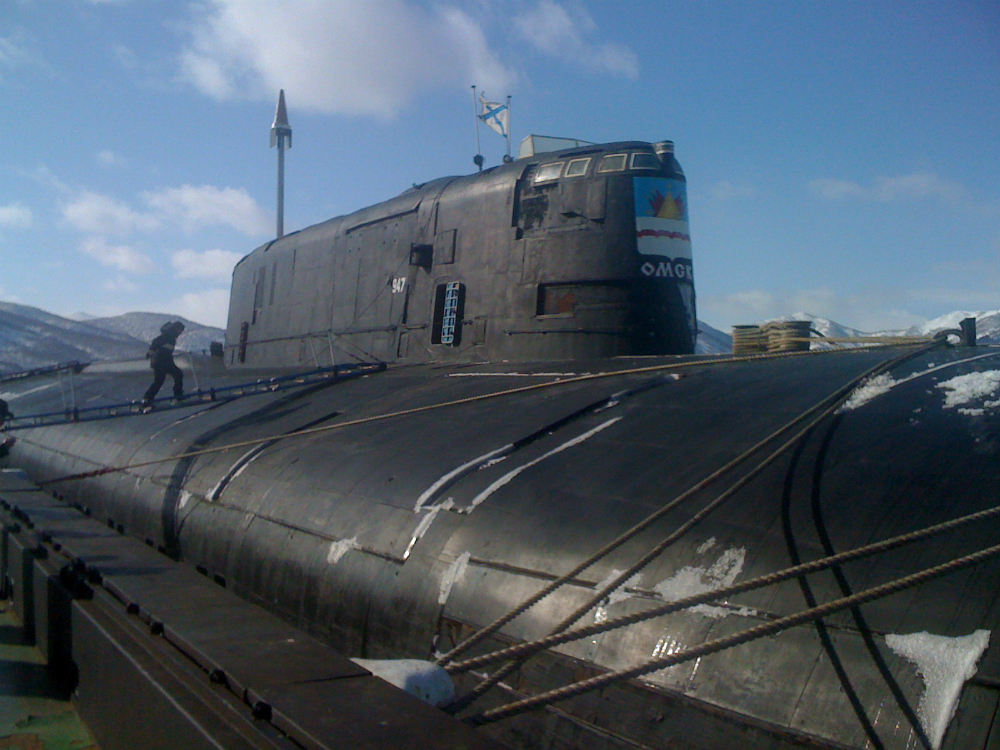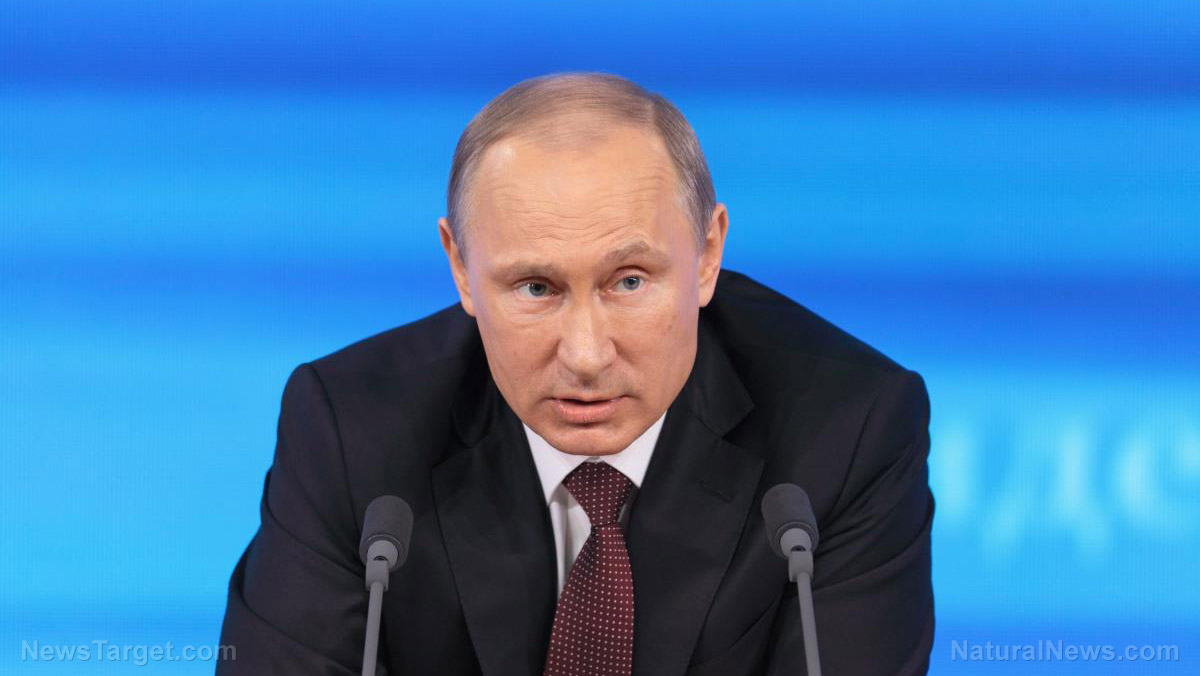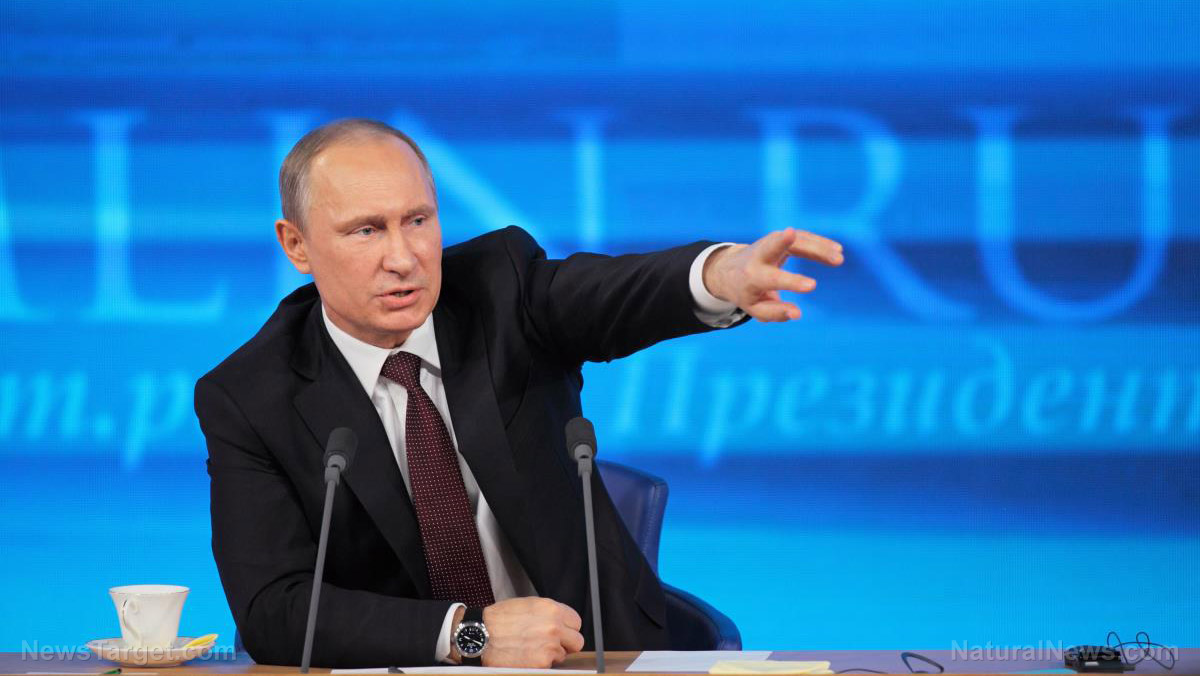Pentagon warns China now has over 500 operational nuclear warheads as it seeks nuclear parity with the U.S.
10/20/2023 / By Arsenio Toledo

A new report from the Department of Defense strongly suggests that China now has over 500 operational nuclear warheads, which is likely to double to more than 1,000 by 2030.
This is according to the Pentagon’s annual report to Congress on military and security developments in communist China. The report warned that China may have been in possession of more than 500 operational nuclear warheads as of May – a key milestone in the country’s nuclear expansion and modernization efforts that was achieved two years earlier than previously anticipated.
The report adds that this nuclear expansion and modernization effort will continue through 2035 in support of Chinese President Xi Jinping’s objective of creating a “world-class” military that can compete with the United States by 2049. (Related: Nuclear-armed nations are expanding and modernizing their nuclear arsenals in anticipation of a potential global power conflict.)
Beijing’s nuclear stockpile is still much smaller than that of Russia’s or the United States’. As of January, Russia had approximately 5,889 operational nuclear warheads and the U.S. had 5,244.
Speed at which Beijing creating new nukes alarms analysts
One Defense Department official who spoke with the media on condition of anonymity noted that the speed and scale at which China is expanding its nuclear arsenal – as well as the rest of its military – is unprecedented.
“What they’re doing now, if you compare it to what they were doing about a decade ago, it really far exceeds that in terms of scale and complexity,” said the official. “They’re expanding and investing in their land, sea and air-based nuclear delivery platforms, as well as the infrastructure that’s required to support this quite major expansion of their nuclear forces.”
The Pentagon expects China to use its new “fast breeder” nuclear reactors and reprocessing facilities to produce plutonium for its nuclear weapons program. This is despite official claims by the Chinese government publicly maintaining that these nuclear facilities are intended only for “peaceful purposes.”
Furthermore, the Pentagon report notes that China likely has completed the construction of three new fields for solid-fueled missile silos in 2022, which includes at least 300 new missile silos for intercontinental ballistic missiles. The report warns that “at least some” of these silos are loaded with missiles ready to launch.
The same Defense Department official tried to downplay the severity of the situation, saying that long-term projections about the growth of China’s nuclear arsenal become less reliable when taking additional variables into consideration as the years go on.
He added that the U.S. is expected to continue using diplomatic channels to urge China to be more transparent about its nuclear capabilities.
For its part, the Chinese Foreign Ministry claimed that the Pentagon report is not truthful. Spokeswoman Mao Ning said at a press briefing in Beijing that the report is “filled with prejudice and distorts facts.”
“China is committed to peaceful development,” she said. “We have a stable and unique nuclear policy that is highly predictable.”
Learn more about the expansion of nuclear capabilities around the world at NuclearWeapons.news.
Watch this clip from Fox Business with journalist, lawyer and Gatestone Institute Senior Fellow Gordon G. Chang as he warns about how a nuclear exchange between China and the United States is “much closer” to reality than expected.
This video is from the News Clips channel on Brighteon.com.
More related stories:
Former Pentagon official warns via NATO website: West should prepare for NUCLEAR WAR.
China begins its largest-ever expansion of nuclear arsenal.
STRATCOM report reveals China has a larger nuclear ICBM arsenal than the U.S.
China to have roughly 1,500 nuclear warheads by 2035.
Sources include:
Submit a correction >>
Tagged Under:
Beijing, big government, China, communism, dangerous, military tech, national security, nuclear, nuclear stockpile, nuclear war, nuclear warheads, nuclear weapons, nuclear weapons program, Pentagon, weapons technology, WWIII
This article may contain statements that reflect the opinion of the author


